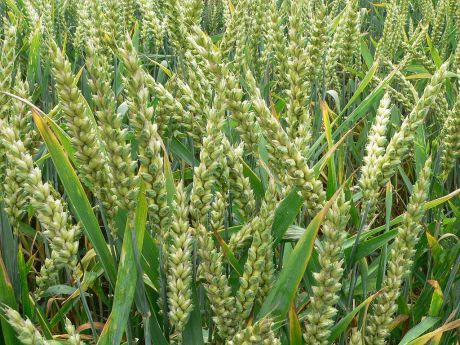
Information on the genes that control wheat flowering time may soon enable breeders to manipulate the precise time that their crops flower for maximum yield.

A huge boost to fruit grading is imminent thanks to research into rating internal quality without physically invading the flesh. To achieve this, scientists are using equipment more at home in a hospital or laboratory.

A new decision-support tool for manufacturing ready-to-eat foods promises to help smaller businesses better manage food safety issues such as spoilage and contamination.

Fish have physiological and behavioural mechanisms to cope with stress. EU fish biologists are taking a novel integrated approach to investigate how three species of farmed fish respond to different husbandry practices with regard to welfare and stress.

EU researchers are conducting large-scale trials and genetic research to find barley and wheat that can produce high yields while remaining environmentally sustainable.
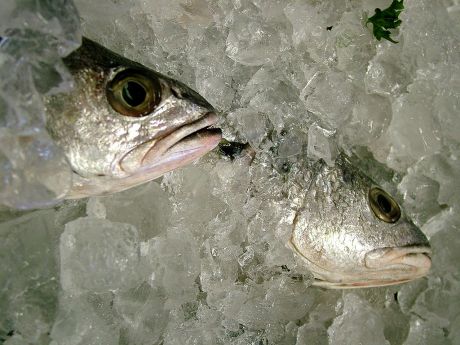
Novel energy-efficient equipment to make ice aboard fishing vessels will help keep fish fresh and support the European fishing industry.
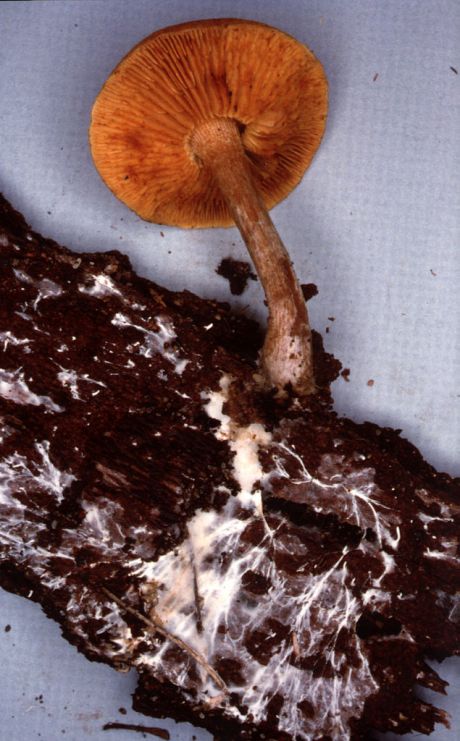
Nano-scale research into the interaction between key soil fungi and charcoal is another step towards sustainable agriculture.
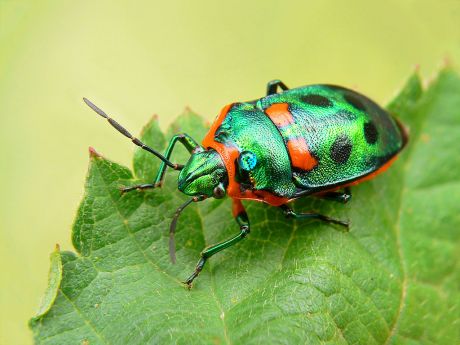
Researchers are exploiting insects as a cheap, environmentally friendly protein source for animal feed and human nutrition as alternatives to today's plant and fish proteins.

Researchers have produced a guide outlining different approaches to achieving sustainable agriculture in Europe.
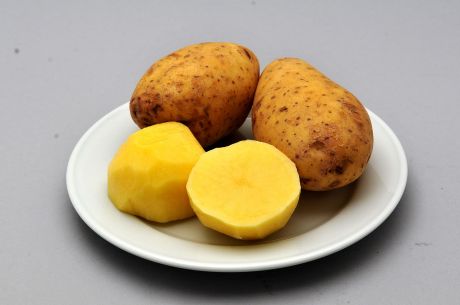
An EU research project has investigated natural soil microorganisms from the Andean highlands to improve potato-growing productivity in rural Andean communities.
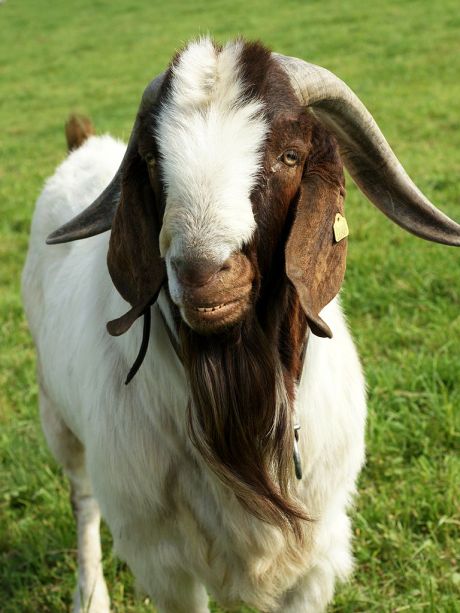
EU researchers are developing whole genome sequencing tools that can be used to manage and conserve genetic diversity in livestock.
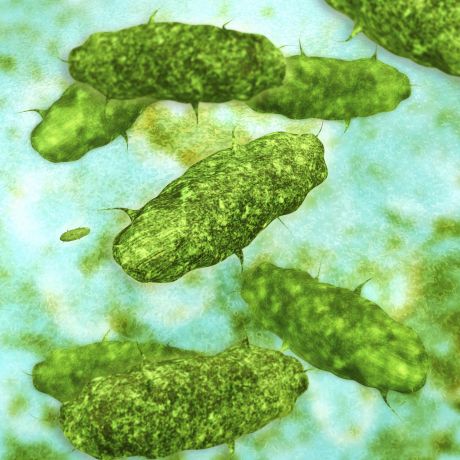
An international alliance has made significant contributions to the development of a commercial vaccine against the barber's pole worm (Haemonchus contortus), one of the most pathogenic nematodes in ruminants. Launch of the commercial version marks the first anti-nematode vaccine for livestock or man for more than half a century.
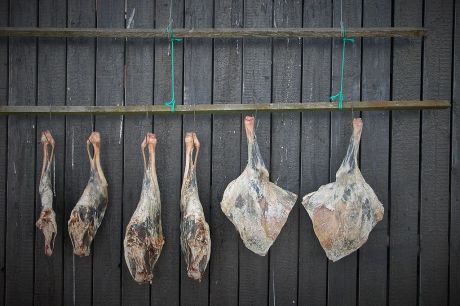
European consumers may soon benefit from healthier, high-quality dried meat products with reduced salt content through an innovative salting process.

A broad network of researchers, policymakers and organisations has grown to include new partners and provide increased support for European plant health research.

Islands, with their distinct boundaries, act as natural laboratories for the study of evolution, biogeography and ecology. The Indo-Pacific region has the largest concentration of islands and archipelagos on the planet, making it the ideal place for testing these ideas.
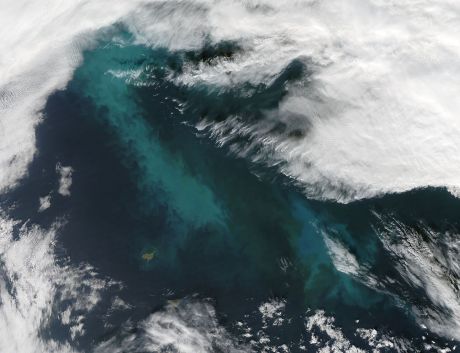
Every year aquaculture and fisheries around the world suffer significant economic losses from harmful algal blooms (HABs) causing shellfish toxicity and major fish kills.
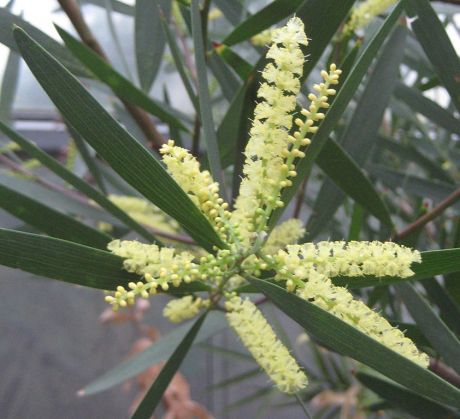
Invasive alien species (IAS) of plants have increased rapidly in recent years, significantly affecting invaded habitats, human activities and health, while causing significant economic damage to agriculture and forestry. An EU-funded project will address the IAS threat by establishing an international group of experts in biological invasions.
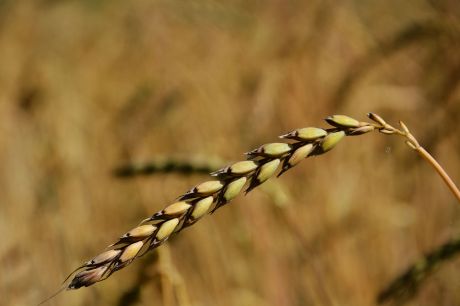
The research community and food sector are continuously looking for ways to improve the quality of foods. An EU initiative is exploring various methods that offer potential for healthier foods.
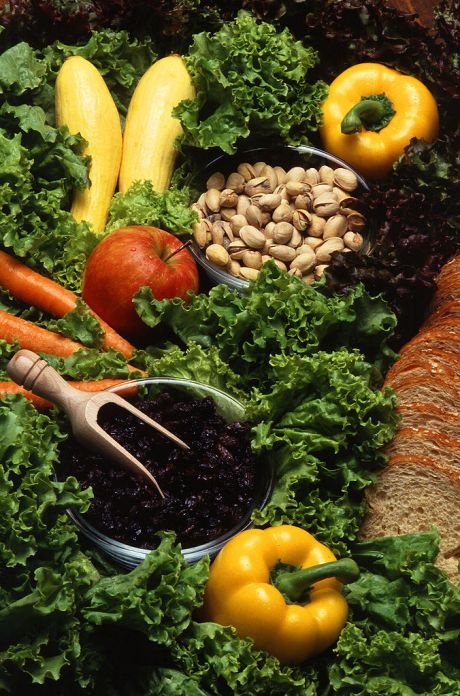
Refrigeration technology stakeholders worked together to research and develop new technologies for more efficient energy usage and food storage.
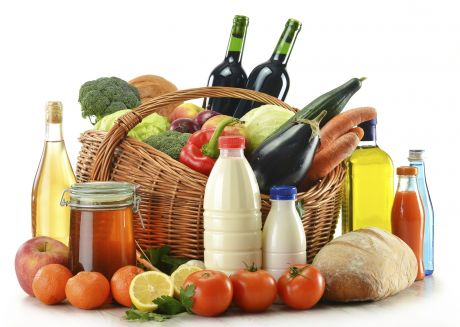
Over 80 million Europeans are currently at risk of poverty (ROP), and thus more likely to suffer from diseases related to poor nutrition. EU-funded researchers worked to develop novel food products that are nutritionally correct as well as affordable.
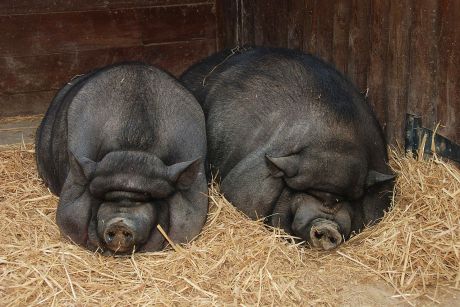
Researchers have investigated play behaviour in pigs as a way to measure overall livestock animal welfare.
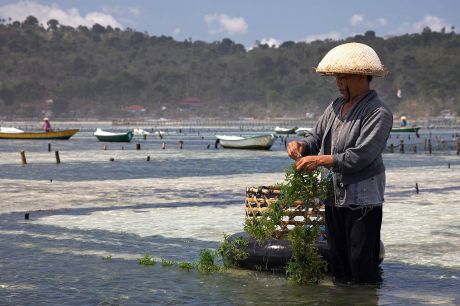
A research consortium has investigated several species of seaweed as replacements for salt in processed foods.
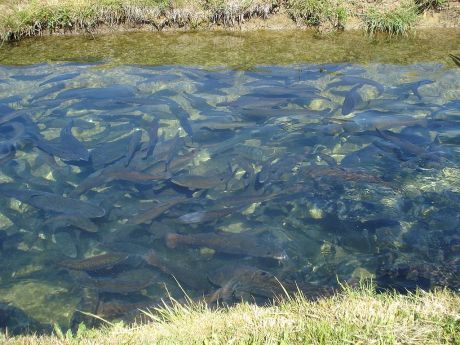
An EU-funded project is improving research capacity, infrastructure and intellectual property (IP) protection at an eastern European centre of excellence in aquaculture.
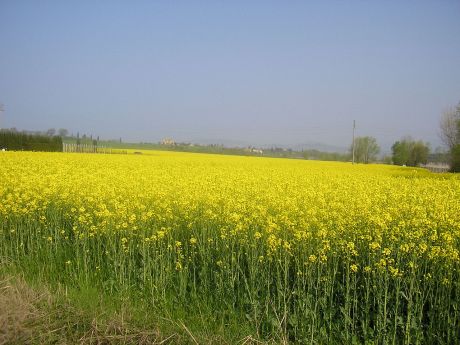
Researchers have genetically analysed a model crop-fungal pathogen system to discover ways to make crop resistance to fungal disease last longer.
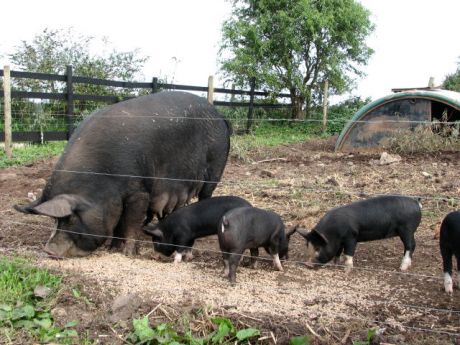
Innovative technology allowing pig farmers to monitor their animals' health and growth rate may soon be available to address a rising demand for pork.
























